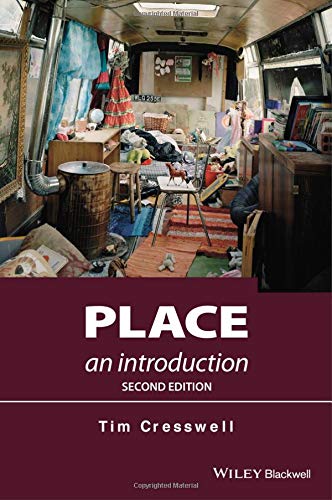
- Publisher: Wiley Blackwell
- Edition: Second
- ISBN: 0470655623
- Published: November 21, 2014
Thoroughly revised and updated, this text introduces students of human geography and allied disciplines to the fundamental concept of place, combining discussion about everyday uses of the term with the complex theoretical debates that have grown up around it. A thoroughly revised and updated edition of this highly successful short introduction to place Features a new chapter on the use of place in non-geographical arenas, such as in ecological theory, art theory and practice, philosophy, and social theory Combines discussion about everyday uses of the term place with the more complex theoretical debates that have grown up around it Uses familiar stories drawn from the news, popular culture, and everyday life as a way to explain abstract ideas and debates Traces the development of the concept from the 1950s through its subsequent appropriation by cultural geographers, and the linking of place to politics
Reviews
For geographers it’s tough to have a key concept like place be so common-yet-ineffable. Here Tim Cresswell does a masterful job of clarifying and explicating it in such a thorough and readable fashion. This book is impressive in its breadth and depth, its disciplinarity and trans-disciplinarity, as well as its focus on both the historical and contemporary debates on place.
Michael Brown, University of Washington
Place is one of the essential moments in any account of geography but it is also one of the most difficult to articulate. In this new edition of a book which has become the standard account of what place is and how it moves us Tim Cresswell provides a user’s guide to place which is, at the same time, a considered theoretical account. There is no better means of navigating a notion which is both utterly obvious and yet surprisingly difficult to come to terms with. The book isn’t just a highly recommended journey through the thickets of literature on place, it is a genuine starting point for students and scholars alike.
Nigel Thrift, University of Warwick